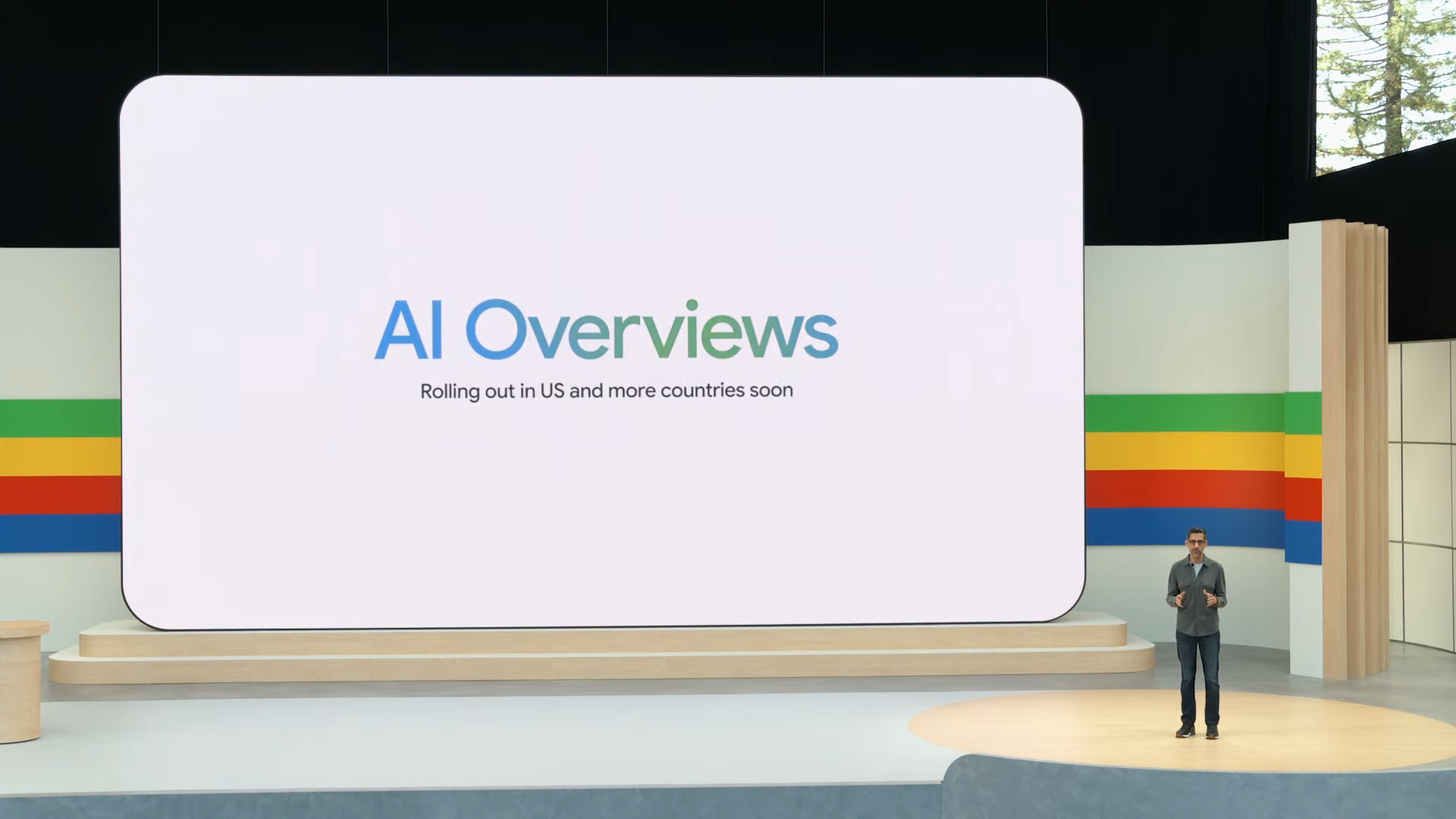Summary
- Google faces backlash over bizarre AI-generated search results.
- The search giant blames “data voids” and quirky queries for strange advice.
- Despite the flaws, Google vows to improve its AI search features.
When Google unveiled its AI-written summaries for search results, it was hyped as the biggest leap for the search engine in decades. But now, people are wondering if it was a leap in the right direction. A few days after launching AI Overviews in the US, social media erupted with examples of Google’s new feature giving bizarre advice, like suggesting users put glue on their pizza or eat rocks daily. It was a PR disaster. To fix the fiasco, Google is now placing limits on its AI search features.
In a blog post, Google’s Head of Search, Liz Reid, explained that the weird results were due to “data voids” and quirky user queries. Not many people ask about eating rocks, so the search engine didn’t have reliable sources to pull from. Reid said the AI mistakenly took a satirical article from The Onion, reposted by a software company, as a factual source.

AI Overviews are taking over Google Search, whether you like it or not
Google is getting stubborn about not letting you leave Search
Reid also noted that odd user questions contributed to the strange answers but claimed that overall, AI results are boosting user satisfaction with Search. She stressed that while AI Overviews don’t usually “hallucinate,” they can misinterpret content or queries. Google’s goal is for AI Overviews to provide accurate information supported by top web results.
Google is in full damage control mode
Recognizing the flaws, Google is taking steps to improve the situation. Reid mentioned that the company has now developed mechanisms to detect “nonsensical queries” that shouldn’t trigger an AI Overview and has restricted the inclusion of satirical and humorous content.
Google has also updated its systems to limit user-generated content that could give misleading advice and added restrictions for queries where AI Overviews weren’t proving helpful. They’re also addressing AI search results that violate content policies, including those that are potentially harmful or obscene.
Furthermore, Google suggested that many of the widely shared screenshots of these erroneous results were fake or fabricated, claiming those particular AI Overviews never actually appeared.
Google’s struggles with AI Overviews underscore the current limitations of AI technology and the eagerness of tech giants to roll them out anyway. Despite the issues, AI Overviews aren’t disappearing anytime soon. Google plans to keep showing them to users and expanding their rollout to more countries.




